Ever get the feeling your stomach has a secret life of its own? Like, you’re just out here trying to eat a bagel in peace and your gut is throwing a full-blown rager behind the scenes? Yeah, same. Turns out, you’re not just you—you’re a walking ecosystem hosting trillions of microscopic roommates, some of whom have been crashing at your place since the Stone Age. These ancient freeloaders aren’t just along for the ride—they’re pulling strings on everything from your mood to your metabolism.
Some of them are total VIPs, doing the behind-the-scenes work to keep your body running like a well-oiled (and slightly gassy) machine. Others are more like chaotic cousins—usually helpful, occasionally dramatic. But all of them? Older than your family tree. Let’s take a scroll through the gut’s Hall of Fame and meet the 13 ancient creatures living inside you right now. Spoiler: they’re kinda awesome.
1. Bacteroides fragilis: The Diplomat of Your Digestive Tract
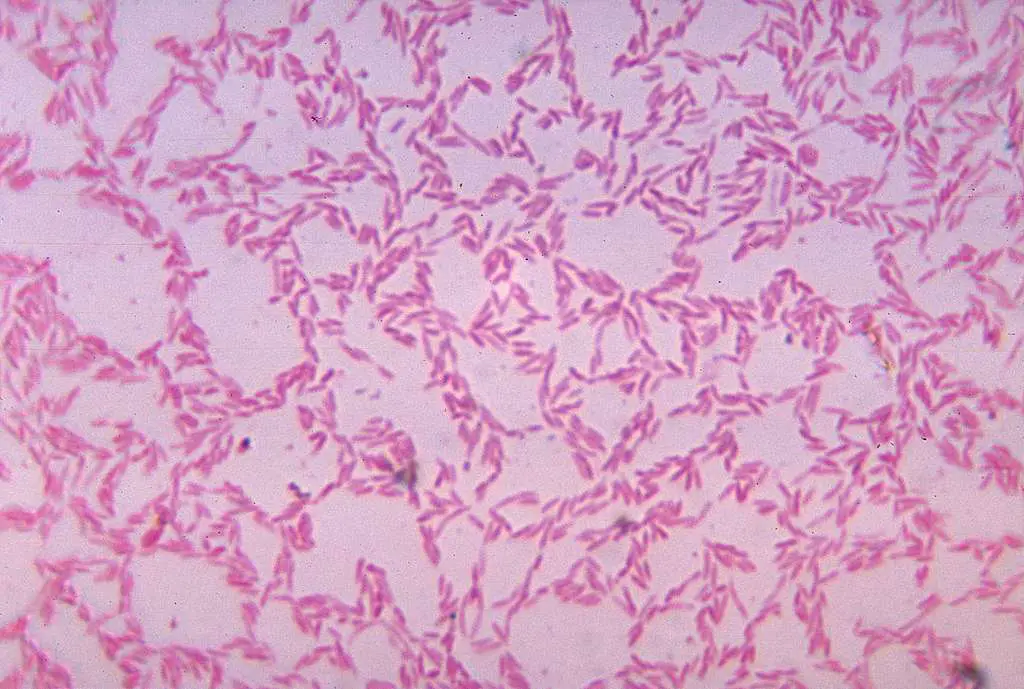
Meet Bacteroides fragilis, the smooth operator of your gut microbiome. This bacterium has been cohabiting with humans for eons, playing a pivotal role in maintaining intestinal harmony. It’s like the UN ambassador in your belly, negotiating peace between your immune system and the myriad of microbes residing within.
But don’t let its diplomatic demeanor fool you—B. fragilis is a master of adaptation. According to research highlighted in Science Direct, this bacterium diversifies its DNA like it’s changing outfits for every occasion, making it a pro at surviving your gut’s wild environment. This flexibility helps it outsmart pathogens and keep your internal ecosystem balanced. Scientists have also noted that its beneficial metabolites can calm inflammation and even influence your body’s immune checkpoints.
It doesn’t just ride along in your gut—it’s actively helping steer the ship. It assists in breaking down complex molecules, processes toxins, and keeps other rowdy microbes in check. In short, your gut would probably fall apart without it.
2. Methanobrevibacter smithii: The Gas Whisperer
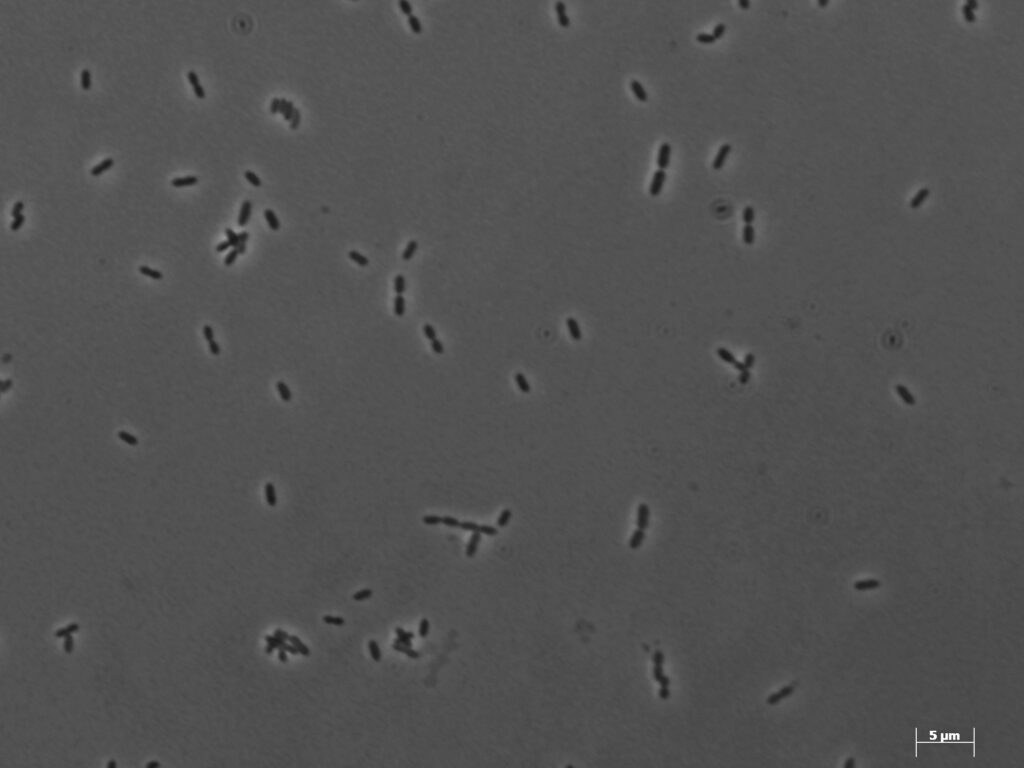
Say hello to Methanobrevibacter smithii, the unsung hero managing your gut’s gas emissions. This archaeon—yep, not even a bacterium—has been part of our gut ecosystem since long before we were stressing about gluten. Its main gig is converting hydrogen into methane, a trick that keeps the entire digestive factory running more smoothly. M. smithii is key for efficient energy extraction and helps balance the microbiome by controlling gas levels. Without it, hydrogen would build up like traffic at rush hour, slowing everything down. A breakdown from Cedars-Sinai explains that it’s not just a sidekick—it’s a keystone species for gut metabolism.
Fun fact: its presence varies depending on your diet, with higher levels found in folks consuming more complex carbs. So yes, your bean burrito absolutely fuels it. But in turn, it helps your gut absorb more nutrients, so the trade-off is totally worth it.
3. Lactobacillus reuteri: The Mood Modulator
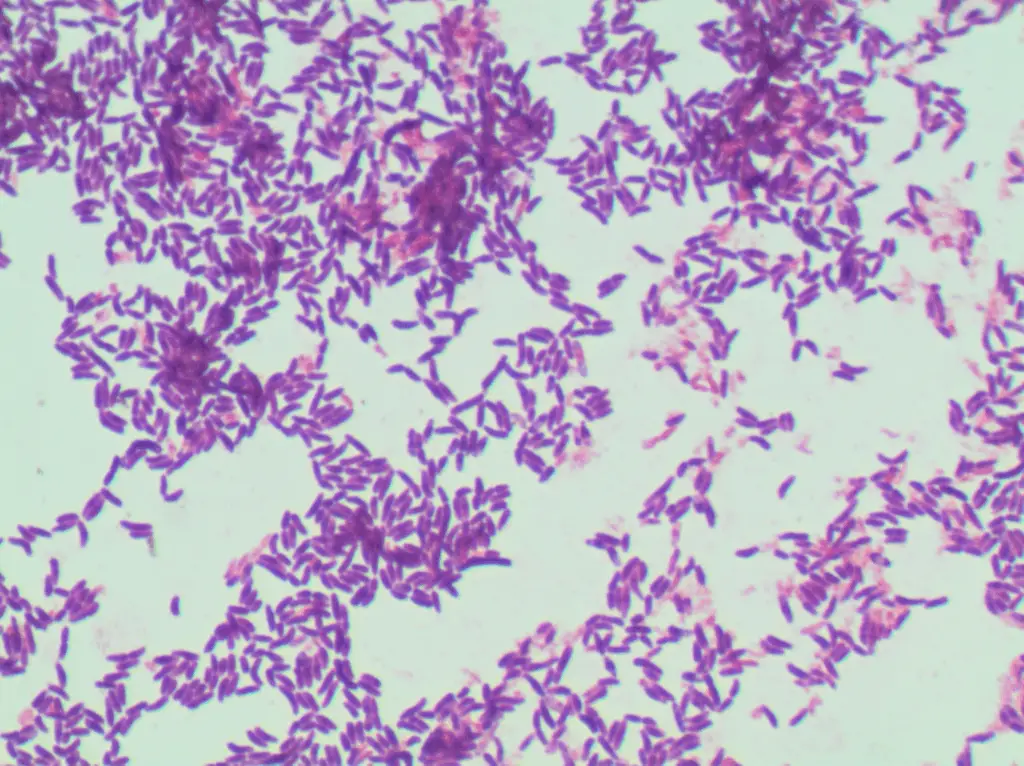
Lactobacillus reuteri is like that wise, kind friend who always knows what to say to cheer you up. This little legend has been hanging out in our guts for millions of years and is a serious multitasker—handling digestion and boosting emotional health like a boss. According to the National Institute of Health, its evolutionary closeness with vertebrates has made it perfectly tuned to work with our bodies.
And it’s not just good vibes—there’s science to back up the buzz. L. reuteri can influence serotonin production and reduce stress-related behaviors. It’s basically a microbial therapist with an impressive ability to reduce inflammation in the brain-gut axis, which is exactly as sci-fi as it sounds. Feeling socially awkward? There’s a microbe for that. This guy may just be your secret weapon in fighting social anxiety and improving your emotional resilience.
4. Akkermansia muciniphila: The Gut’s Personal Trainer
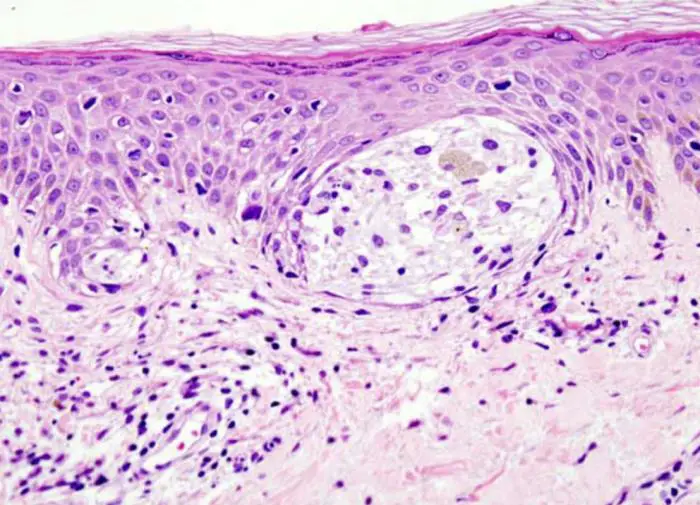
Akkermansia muciniphila is the CrossFit coach of your digestive tract—tough, efficient, and kind of obsessed with your mucous lining. This bacterium lives on mucin (yep, that slimy stuff lining your gut) and uses it to strengthen your intestinal walls. A study in Observatoire Prevension praised its role in maintaining gut barrier function and reducing metabolic disorders.
Turns out, it’s not just flexing for fun. As covered by MDPI, people with more A. muciniphila tend to have better insulin sensitivity, lower inflammation, and healthier body weight. Translation: it’s your gut’s personal wellness guru and a rising star in next-gen probiotics. This isn’t some trendy new addition to the microbiome—it’s been with us since before modern agriculture. So when it comes to gut goals, Akkermansia is the OG.
5. Faecalibacterium prausnitzii: The Anti-Inflammatory Agent
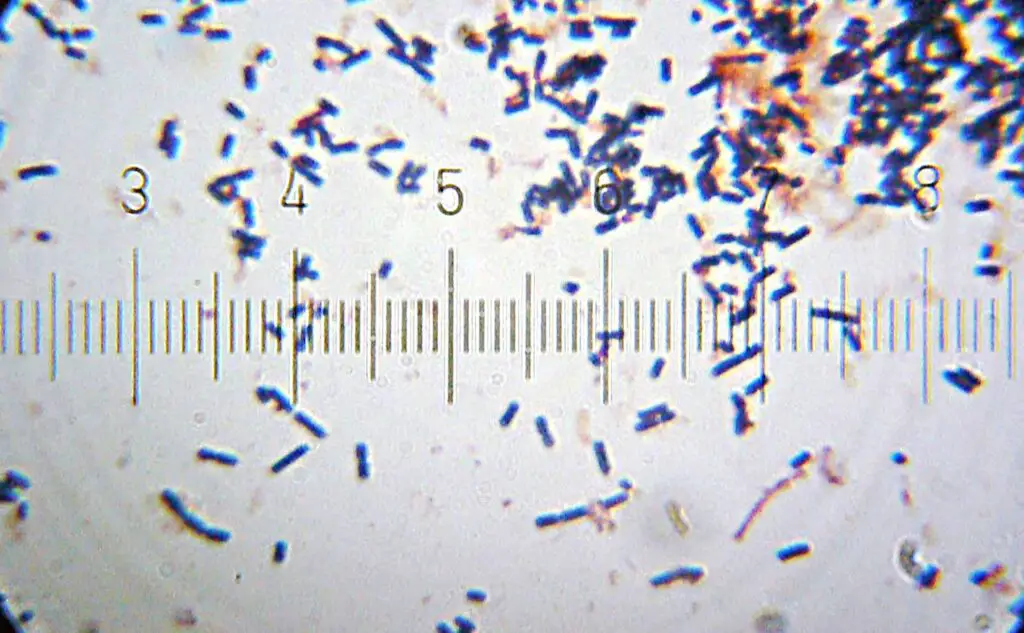
Faecalibacterium prausnitzii may sound like a Latin spell, but what it actually does is just as magical. This ancient gut dweller churns out butyrate, a fatty acid that soothes your colon and keeps inflammation at bay. It’s one of the most abundant and essential microbes in your gut.
When F. prausnitzii levels drop, inflammation spikes—and conditions like Crohn’s and IBS become more likely. According to findings in Frontiers, this bacterium also helps maintain the mucosal barrier, preventing unwanted microbes from storming the castle. In other words, it’s the knight in shining armor of your intestines. Some researchers are even exploring its potential as a therapeutic probiotic. If gut harmony had a playlist, F. prausnitzii would be the lo-fi beats keeping things chill. It’s not flashy, but it’s a foundational member of your internal crew—quietly doing the work to keep you healthy.
6. Escherichia coli: The Frenemy
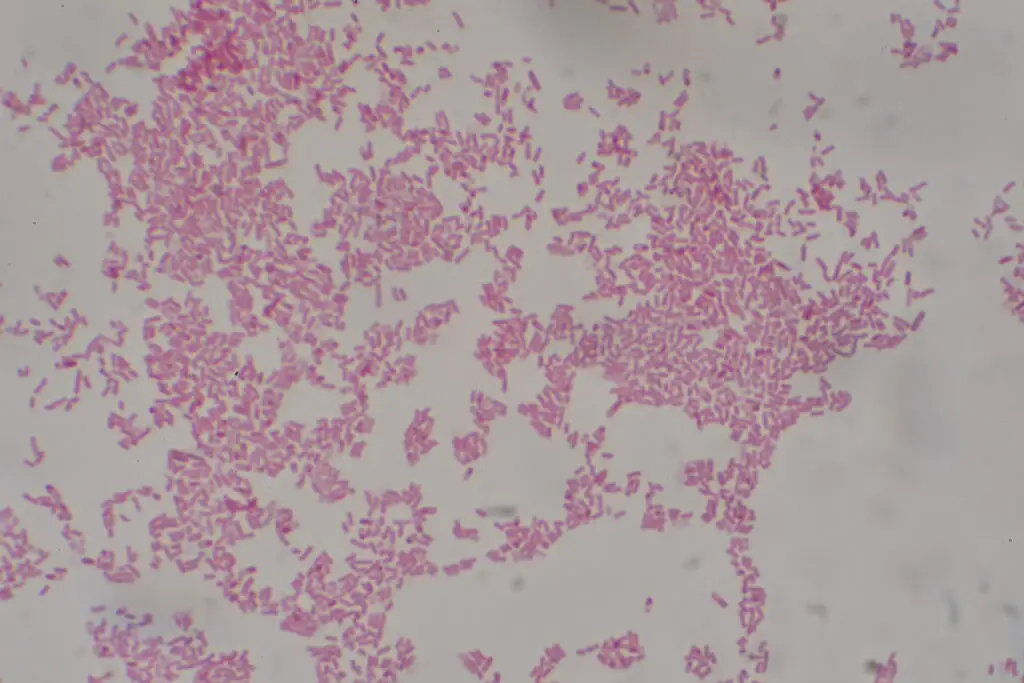
E. coli is like that childhood friend who sometimes gets you in trouble but mostly just wants to hang out. Sure, it’s got a bad rep from all those news stories about food poisoning, but most strains of Escherichia coli are actually harmless and essential to your gut health. It’s been living in human intestines for hundreds of thousands of years, helping digest food and produce vitamin K like a little biochemical wizard.
What’s wild is how fast it adapts. This microbe can sense changes in its environment and adjust in real time, which makes it both fascinating and slightly terrifying. Most of the time, it’s just chilling, helping break down nutrients and keeping other, less friendly microbes in check. But give it the wrong kind of attention (like undercooked beef), and it can flip the script.
Still, your gut relies on its presence to maintain microbial balance. It helps keep your immune system on its toes without triggering full-on war. Basically, it’s the class clown who somehow makes group projects work. Just don’t invite the toxic cousins.
7. Clostridium butyricum: The Fuel Maker
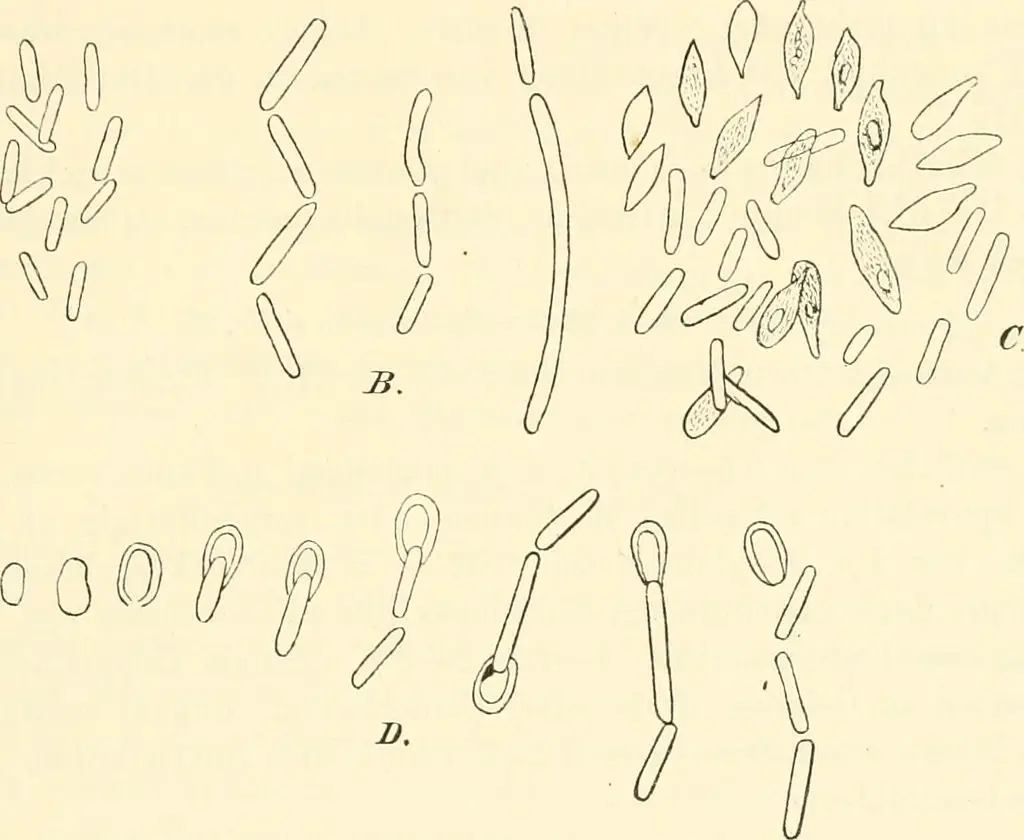
Clostridium butyricum is all about the butyrate. This ancient bacterium makes the short-chain fatty acid your colon loves like it’s baking cookies for the whole digestive neighborhood. Butyrate isn’t just fuel for your gut cells—it’s anti-inflammatory, immune-boosting, and even mood-lifting.
What makes C. butyricum such a legend is how resilient it is. It can survive in oxygen-deprived environments, making it a champion of the lower gut where others fear to tread. It works best when your diet is rich in fiber, breaking down those plant-based leftovers into golden gut energy.
It’s also got a strong defense game, warding off nasty pathogens and reinforcing your intestinal wall. Think of it as your gut’s friendly neighborhood contractor—constantly repairing, restoring, and reinforcing. And it’s been at it since before humans were even writing things down. Respect the OG.
8. Ruminococcus bromii: The Starch Breaker
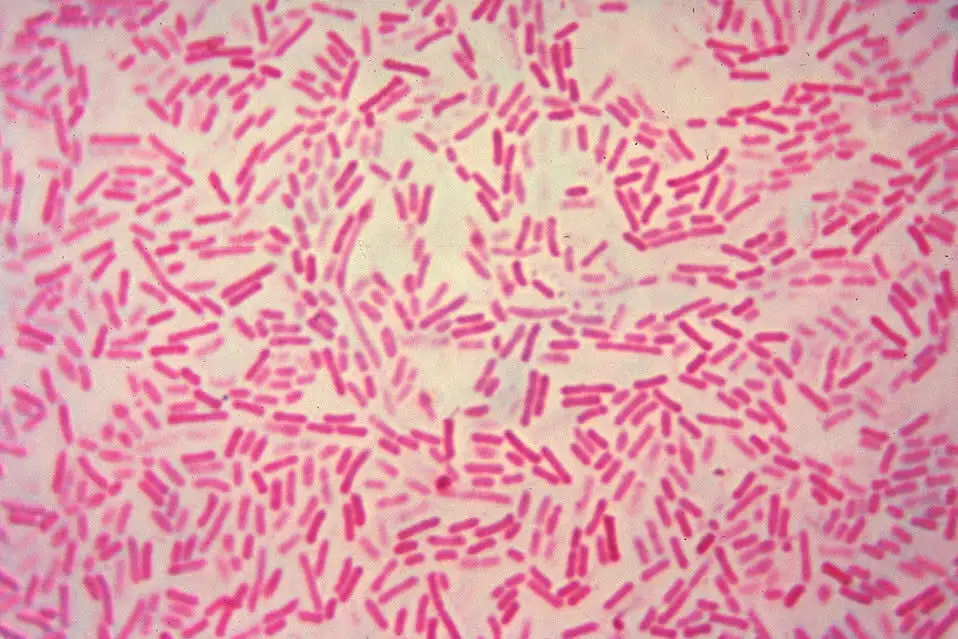
You know those resistant starches that your body can’t digest? Ruminococcus bromii can. This ancient microbe has one mission: break down those tough-as-nails starch molecules and turn them into usable energy for your gut.
It’s basically the lumberjack of your digestive forest, chopping up dietary wood your enzymes can’t touch. Without R. bromii, a lot of your fiber-rich foods would pass right through you without doing much. Instead, this guy unlocks the nutritional goodies hidden inside lentils, oats, and cold potatoes. Cold potatoes, btw, are its absolute fave.
It works best when paired with other butyrate producers, creating a gut symphony that keeps inflammation down and gut walls strong. It also plays a sneaky role in blood sugar control and weight regulation. So while it’s not flashy, it’s ridiculously powerful. Silent but starch-slaying.
9. Bifidobacterium longum: The Baby’s First Microbe
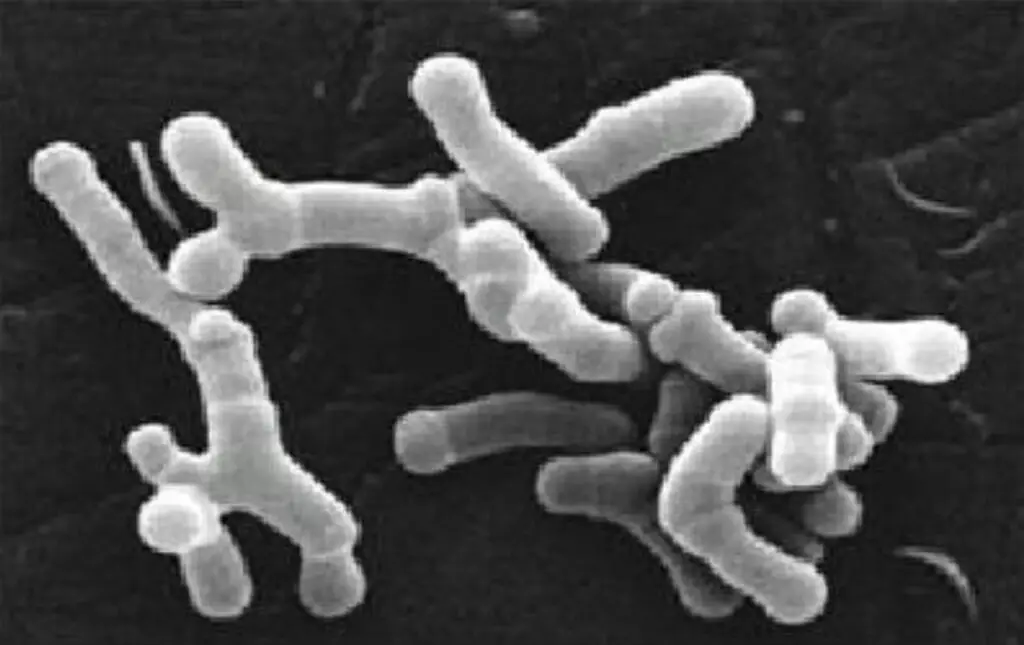
Bifidobacterium longum is one of the first microbes to colonize your gut after birth—basically, your first microbial roommate. It comes courtesy of mom, usually via the birth canal or breast milk, and sticks around for life if you treat it well. Its specialty? Digesting oligosaccharides in breast milk that human enzymes can’t break down.
Even in adulthood, it keeps putting in work by producing acids that lower gut pH, blocking bad bugs from crashing the party. It also strengthens the gut barrier and helps your immune system figure out what’s friend and what’s foe. You know, minor stuff.
It loves fiber and prebiotics, and thrives when you eat plenty of plant-based foods. And the more of it you have, the better your gut health tends to be. It’s like a lifelong best friend who just wants you to eat your veggies and stay regular. A wholesome overachiever.
10. Veillonella parvula: The Lactate Recycler
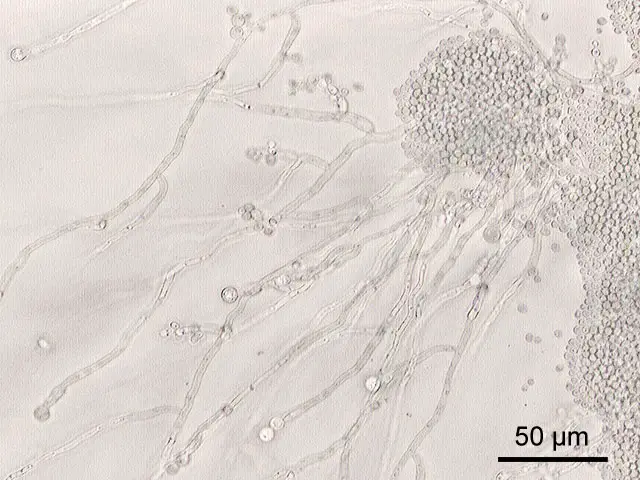
Veillonella parvula has one very niche but vital job—recycling lactate. After your body breaks down glucose during exercise or digestion, lactate builds up and needs somewhere to go. Enter V. parvula, which slurps it up and transforms it into short-chain fatty acids that your gut cells adore.
This microbe is super common in athletes’ guts and may be part of why some people recover faster post-exercise. It’s like the sustainability officer of your gut, making sure nothing goes to waste. It thrives in an anaerobic environment, tucked deep in your colon where oxygen can’t reach.
Even though it doesn’t get the fame of other probiotics, it plays a key role in overall metabolic health. It’s also a team player—working with other microbes to ensure balance and efficiency. The more you move, the more this little guy likes you. So hit the gym, and it might reward you from the inside.
11. Roseburia intestinalis: The Smooth Operator
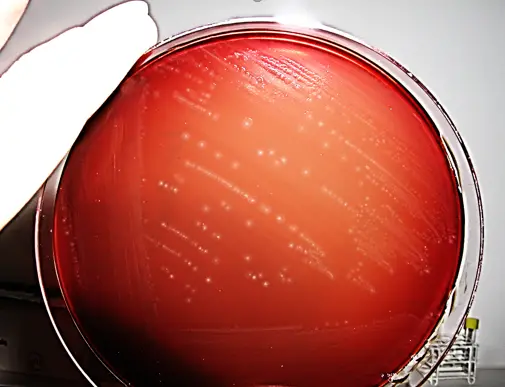
Roseburia intestinalis is all about finesse. It’s a major butyrate producer (yes, that’s a theme—your gut LOVES butyrate), but it does so with elegance and consistency. It flourishes when you eat a high-fiber, plant-based diet, particularly if you’re into whole grains and root vegetables.
In return, it smooths out your digestion, reduces inflammation, and helps regulate cholesterol. It even produces compounds that may prevent metabolic disorders and keep your blood sugar stable. So yeah, it’s pulling some serious weight in the background.
It’s also highly sensitive to diet, so it tends to dip in people who eat a lot of processed junk. Basically, if you’re living on pizza rolls and soda, Roseburia might ghost you. But treat it right, and it becomes a reliable source of digestive zen. Think of it as your gut’s meditation coach.
12. Prevotella copri: The Carbo-Loader
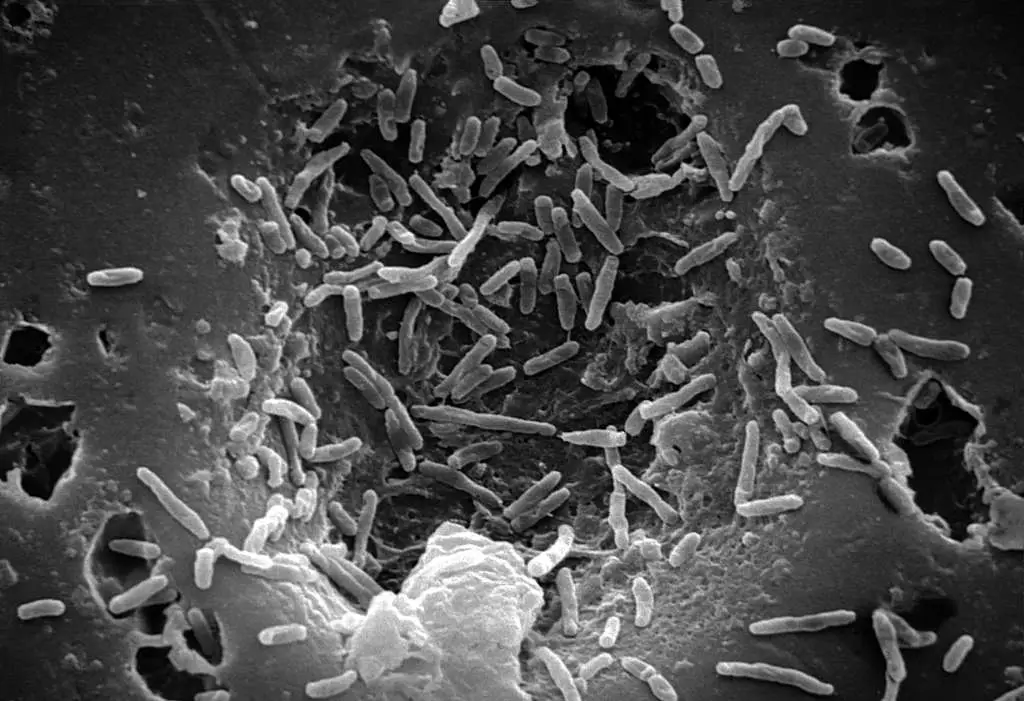
Prevotella copri thrives on carbs—and not just any carbs, but the complex, fibrous kind your ancestors were all about. It loves legumes, grains, and tubers, and rewards you by helping break them down efficiently. In many traditional societies, this microbe is dominant and linked to strong metabolic health.
However, in Western guts? Not so much. It’s more rare thanks to low-fiber diets, and scientists think that might be contributing to modern digestive issues. When it is present, though, it helps reduce inflammation and supports better blood sugar control.
Its presence may even influence how your body handles glucose after meals. So if you’re going big on chickpeas, quinoa, or lentils—P. copri is clapping in appreciation. It’s the marathon-runner microbe, built for endurance and long-term wellness. Definitely one to nurture, not ghost.
13. Collinsella aerofaciens: The Shape-Shifter
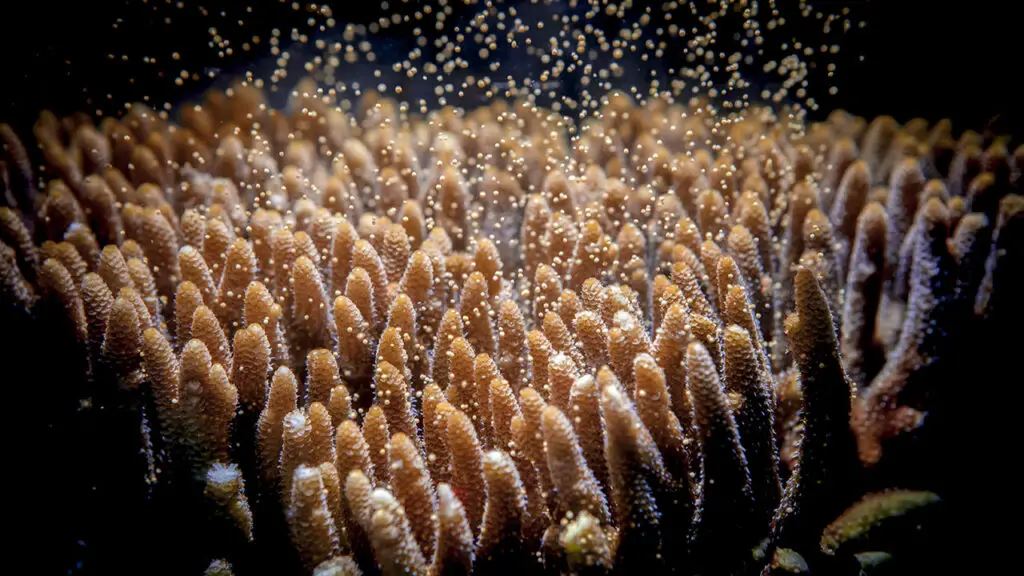
Collinsella aerofaciens is one of the more mysterious members of your gut crew. It’s been linked to both good and bad outcomes depending on your diet, stress levels, and overall health. That’s because it’s a bit of a shape-shifter, adapting quickly to whatever’s happening in your body.
In a balanced environment, it helps with carbohydrate metabolism and cholesterol regulation. But throw in ultra-processed foods and chronic stress, and it might start misbehaving. It’s kind of like your gut’s chaotic neutral—harmless in the right environment, dramatic under pressure.
Still, it’s ancient and deeply embedded in human guts across the globe. It’s a reminder that context matters—gut health is a team sport, and even the weird ones have their role. Keep your lifestyle balanced and this wildcard microbe can stay on your good side. Otherwise, well… it’s been known to throw a party no one asked for.
